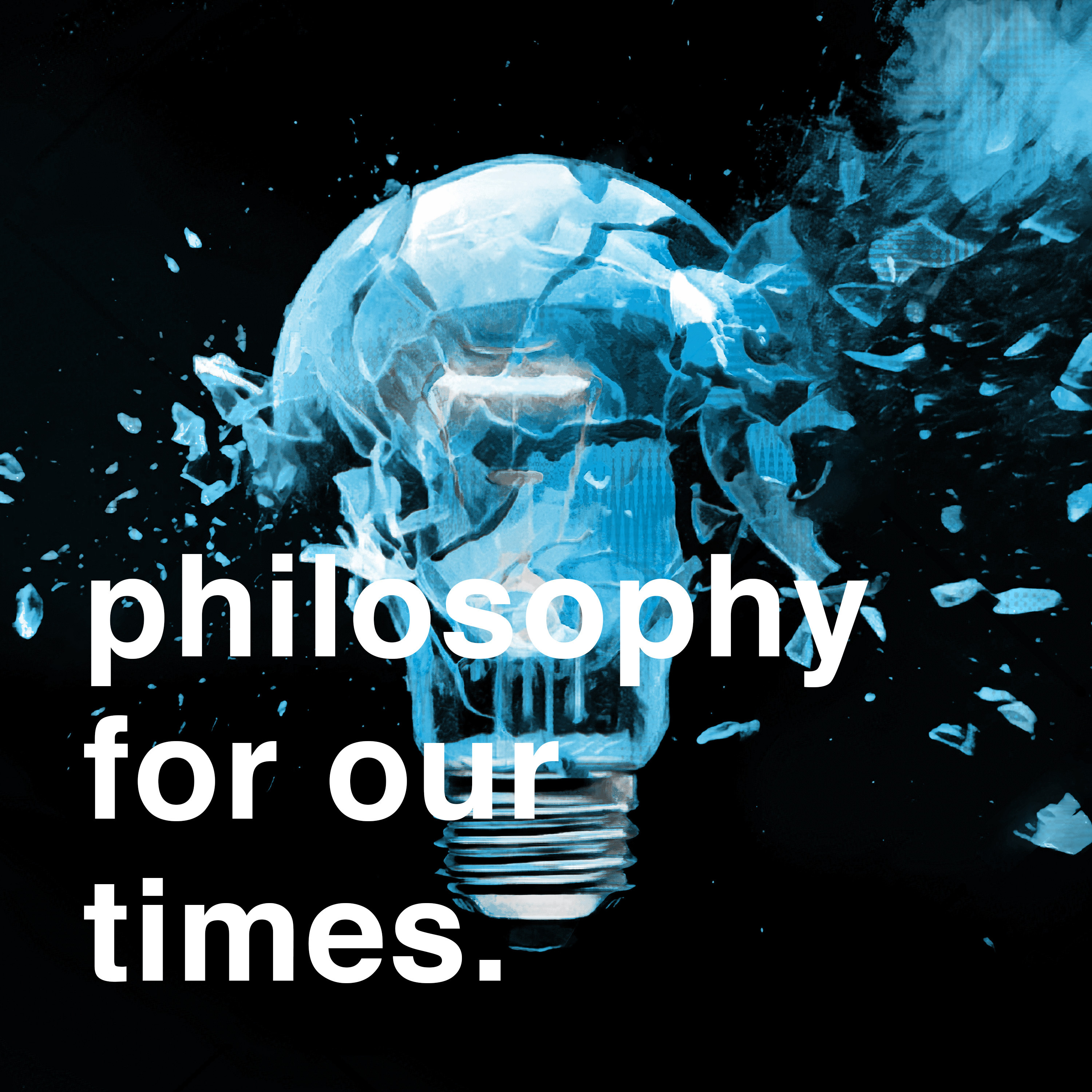

Philosophy For Our Times
IAI
Philosophy for our Times is a free philosophy podcast bringing you the latest talks and debates from the world’s leading thinkers. We host weekly episodes on today’s biggest ideas in news, society, culture, politics, science and arts. Subscribe today to never miss an episode.
Episodes
Mentioned books

9 snips
Dec 16, 2025 • 36min
Why liberalism has failed | John Gray on civilisation, morality, and the illusion of progress
John Gray, a political philosopher and author known for his critiques of liberalism, shares thought-provoking insights on the failures of liberalism and the myth of progress. He argues that scientific advancements don’t equate to moral improvements and reflects on how urban renewal can undermine social cohesion. Gray delves into the rise of populism as a response to liberal policies and examines the dangers of polarization in the US. Ultimately, he advocates for living with hope rather than blind optimism, urging individuals to find meaning without relying on societal perfection.

20 snips
Dec 9, 2025 • 49min
Analytic or Continental philosophy | Christoph Schuringa, Genia Schönbaumsfeld, Babette Babich
Join Christoph Schuringa, an expert on Hegel and analytic philosophy's self-image, Genia Schönbaumsfeld, a Wittgenstein scholar exploring the crossroads of analytic and continental thought, and Babette Babich, who delves into aesthetics and the philosophy of science. They tackle the relevance of the analytic-continental divide, discussing whether it's an outdated schism or a necessary distinction. The group debates the influences of post-structuralism, the role of English dominance in philosophy, and the need for public engagement and methodological self-reflection within both traditions.

11 snips
Dec 4, 2025 • 33min
How Words Warp Reality | Nick Enfield
Nick Enfield, Professor of Linguistics and author of Language vs. Reality, delves into how language molds our perceptions of reality. He explains the distinction between social and brute realities, highlighting how words can blur definitions and shift blame. Enfield discusses framing effects in media and everyday interactions, revealing how subtle language choices can influence decisions. He emphasizes the power of mindful language, particularly in legal contexts, demonstrating its profound impact on memory and perception.

10 snips
Nov 28, 2025 • 32min
Consciousness and psychedelics: In conversation with Rupert Sheldrake
Rupert Sheldrake, a biologist renowned for his unconventional theories on consciousness and morphic resonance, joins philosopher Peter Sjöstedt-Hughes to explore the intriguing relationship between consciousness and psychedelics. They discuss ancient views of a conscious cosmos, Sheldrake's fascinating ideas on panpsychism, and the cultural significance of psychedelics in expanding awareness. Their conversation delves into personal experiences with substances like 5-MeO, the intersection of mystical traditions, and the resurgence of psychedelics in modern society.

20 snips
Nov 25, 2025 • 26min
The philosophy of religion and love with Alain de Botton and Alex O'Connor
Why we worship without knowing itWhat should be included within the remit of philosophy? Religion? Love? Hair? Join well-known public speakers and writers Alain de Botton and Alex O'Connor as they talk through what philosophy can offer us, why we should study love, and what the role of religion is in philosophy and in our lives. See Privacy Policy at https://art19.com/privacy and California Privacy Notice at https://art19.com/privacy#do-not-sell-my-info.

35 snips
Nov 12, 2025 • 48min
Mazes of the mind: The philosophy of neuroscience | Iain McGilchrist, Colin Blakemore, Bryan Appleyard
Colin Blakemore, a renowned neuroscientist, shares insights on brain development and the progressive nature of neuroscience. Iain McGilchrist, a psychiatrist and philosopher, critically explores the limitations of neuroscience in explaining consciousness. Bryan Appleyard, a journalist, highlights concerns about neurohype and the gap between brain data and subjective experience. Together, they debate neuroscience's role in understanding human behavior, the nature of free will, and whether complete brain imaging could ever encapsulate the richness of mental life.

19 snips
Nov 6, 2025 • 1h
In search of nothing | David Deutsch, Amanda Gefter, Lee Smolin
Join theoretical physicists David Deutsch and Lee Smolin, along with science writer Amanda Gefter, as they delve into the intriguing concept of nothingness. They explore whether true nothing can exist and debate the philosophical versus scientific definitions of nothing. The trio discusses how laws of physics might emerge from nothing, the observer-dependence of vacuum states, and the paradoxes surrounding nothing that may signal deeper issues in physics. Tune in for a thought-provoking journey through the void!

Oct 31, 2025 • 44min
Halloween SPECIAL | The philosophy of the apocalypse
Explore our fascination with apocalyptic stories and the monsters that reflect our deepest fears. Delve into how The Last of Us embodies Hobbesian themes of human nature and the challenges of collective action. Discover why disaster narratives captivate us and the moral dilemmas they provoke. Plus, unpack the allure of dystopian fiction and its dual potential for reactionary and utopian visions. This Halloween, embark on a captivating journey through the macabre!

16 snips
Oct 28, 2025 • 27min
The importance of giving up | Adam Phillips
In this engaging conversation, Adam Phillips, a distinguished British psychoanalytic psychotherapist and essayist, explores the often-overlooked value of giving up. He challenges the cultural idolization of perseverance, suggesting that sometimes, stepping back can be a creative act that allows personal growth. Phillips discusses the harmful effects of relentless duty on enjoyment and advocates for teaching children the wisdom of knowing when to persist versus when to quit. Ultimately, he emphasizes that giving up can lead to newfound freedom and self-discovery.

55 snips
Oct 20, 2025 • 38min
Slavoj Žižek on philosophy today | The madness of reality
Slavoj Žižek, a renowned Slovenian philosopher and cultural critic, dives into a whirlwind of topics. He critiques how we frame social issues, emphasizing the ideological roots of oppression and the precariousness of gig work. Žižek provocatively connects philosophy with AI, exploring its effects on sexuality and the risk of cognitive decline. He humorously reflects on the absurdities of current politics and defends the need for philosophy to challenge rationality itself. Expect dark comedy intertwined with deep insights on our chaotic reality.


